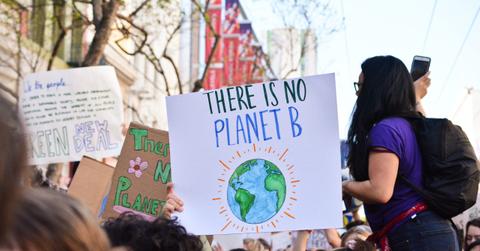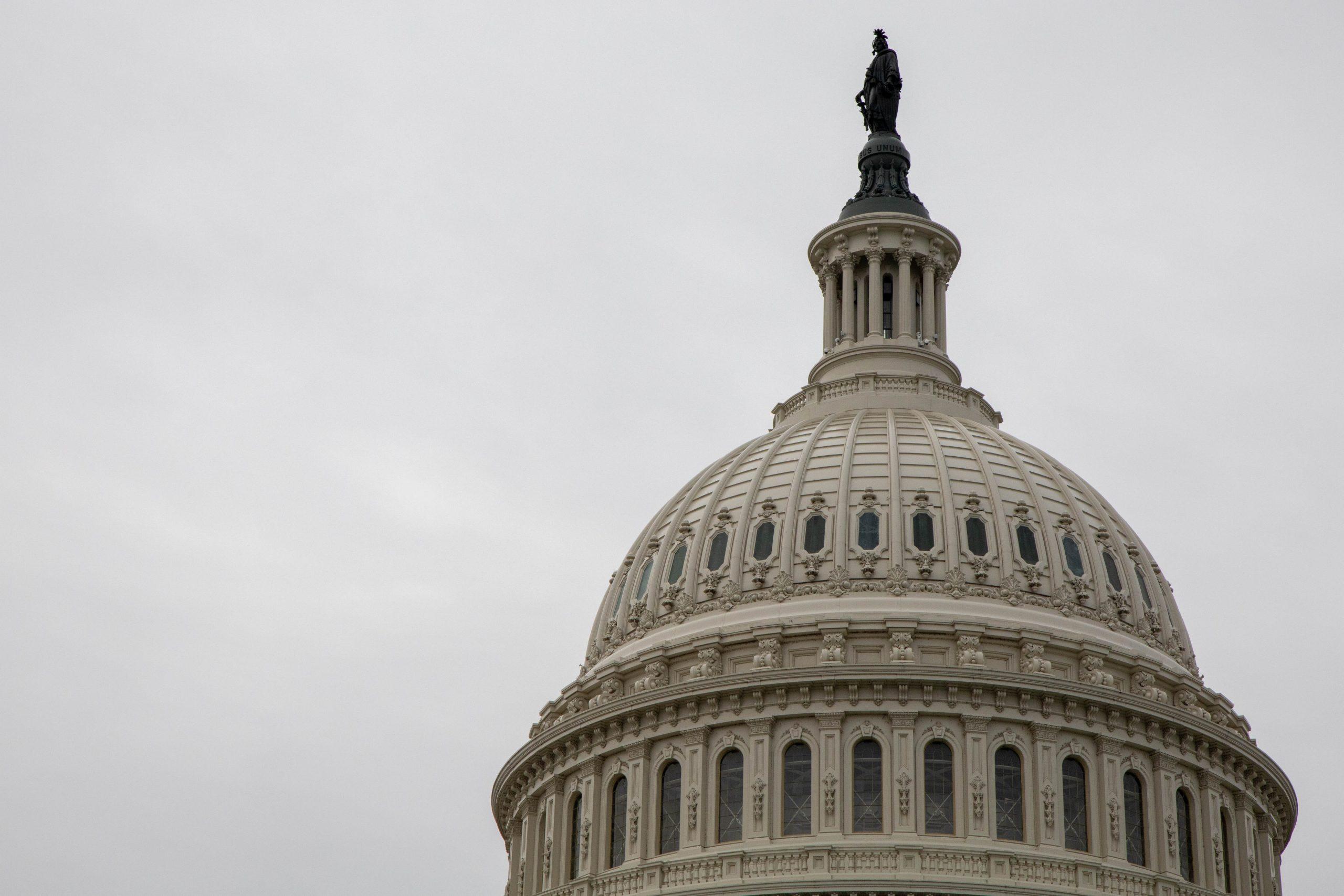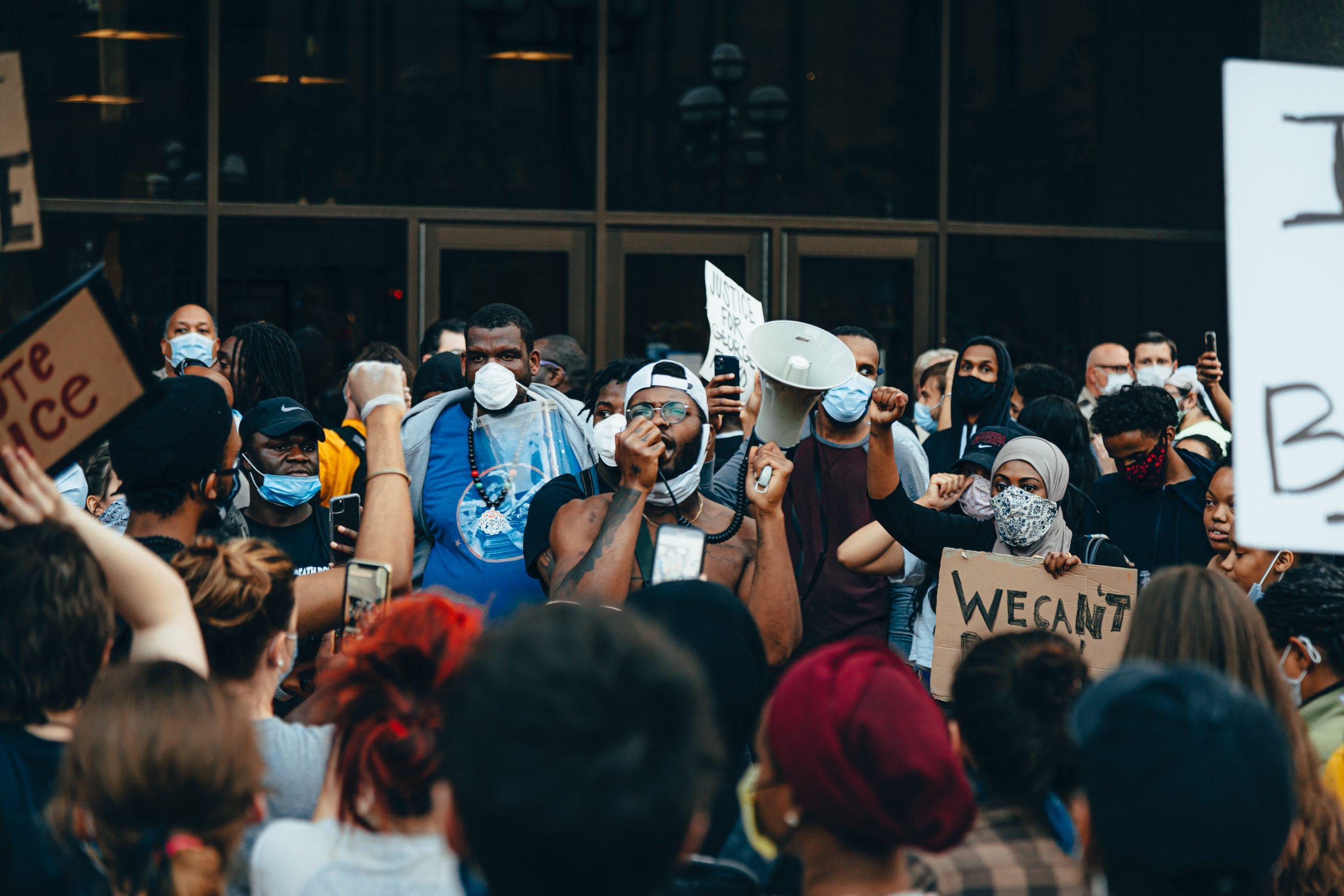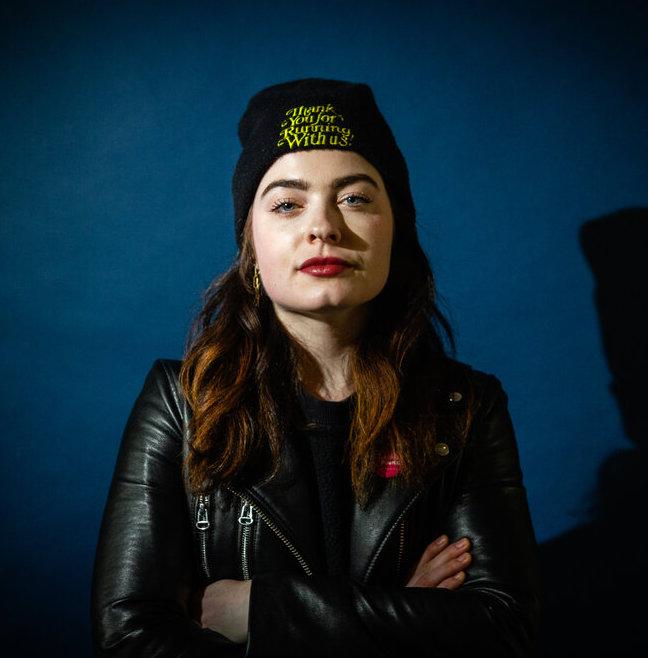Environmental Justice Means Implementing Legislation For Those Most At Risk

You’ve seen the chant everywhere: climate injustice is social injustice. With the demand for transformative change at an all-time high, it’s clear that there’s still a lot of groundwork to be done to address how deeply connected climate injustice is to nation-wide racism.
Environmental injustice has a disproportionate impact on communities of color and low- income communities globally. While examples like poisoned tap water in Flint, Michigan, toxic waste dumps in the Lower Rio Grande Valley, and a town in China where 80% of children had been poisoned by old computer parts have made news in the years past, we’re beginning to see conversation ramp up in America as a keystone of President-elect Joe Biden’s platform stands on a $1.7 trillion clean energy plan to ensure the U.S. achieves 100% clean energy economy by 2050 and boasts a promise to “combat environmental injustices.”
The ideology of climate change has only been a topic of conversation for Congress as recently as the last 30 years, but more recent efforts from major left-wing players are mirroring the growing public concern, not only for a plan to combat climate change, but one that is fair and equal for all Americans. In August, Vice President-elect Kamala Harris and Representative Alexandria Ocasio-Cortez introduced legislation seeking to increase the federal government’s support for marginalized communities that stand to be affected by climate change. The bill, currently titled the Climate Equity Act of 2020, would center on establishing several oversight bodies to evaluate the climate effects any future bills may have on frontline communities. It builds upon a previous proposal introduced in 2019.
“The Democratic Party is now finally starting to embrace what many activists have long advocated: climate policy must be driven by and centered around frontline communities,” Ocasio-Cortez said in a statement in August when the bill was introduced. “Major environmental policies must be written by the black, brown, and low-income people who have been and will be disproportionately impacted by it, just like the Green New Deal envisioned. For too long, policies that affect communities of color have been determined by a few white men in a room in Washington.”
Legislation To Protect Communities At Risk
Historically, legislation to “protect” the communities at risk has come after damage has already been done, but as Ocasio-Cortez pointed out, we need to be more proactive. Cecilia Martinez, a professor at the University of Delaware’s Center for Energy and Environmental Policy has said, “We need to address greenhouse-gas emissions, but we cannot do that divorced and disconnected from the other types of legacy pollution that have been harming our communities.”

Uprooting Systemic Oppression Through Regulation
Robert Bullard, also known as “the father of environmental justice,” is a scholar of urban planning and environmental policy shares, “the system that created inequality in terms of pollution choking neighborhoods is the same system that’s choking Black people and brown people when it comes to policing.” The parallels remain strong.

Increased Grassroots Movements
The global grassroots efforts to bring attention to this issue is proving to actually work. Grassroots movements making use of social media, public appearances from the likes of Greta Thunberg, and marches have all been a plea to make voices heard.
Heather McGhee is a senior fellow at Demos, a nonpartisan research and advocacy group has explained why mainstream environmental groups should use this moment to lay out a supporting anti-racist program by noting, “public opinion polls show that African-Americans, along with Latinos, are, on average, more concerned about climate issues than whites. An anti-racist climate movement should be led by a real multiracial coalition that endorses environmental justice principles” and “its goals should seek to uplift the most vulnerable.” That means “the creation of green jobs, rather than cap-and-trade policies that allow companies to keep polluting in communities of color as they have been able to do for decades.”

While we feel as if we’re in a national game of tug of war, McGhees right, “Success is measured by the improvement in the environmental and economic health of the people who have borne the brunt of our carbon economy.” Some question if we are living in a democracy that’s wrought past that is too far gone to be salvaged by the dreams of an equal future. Within the current climate, perhaps. But this election cycle is giving me newfound hope for progressive moments that can elevate us all. What will you do to help close the gap?






